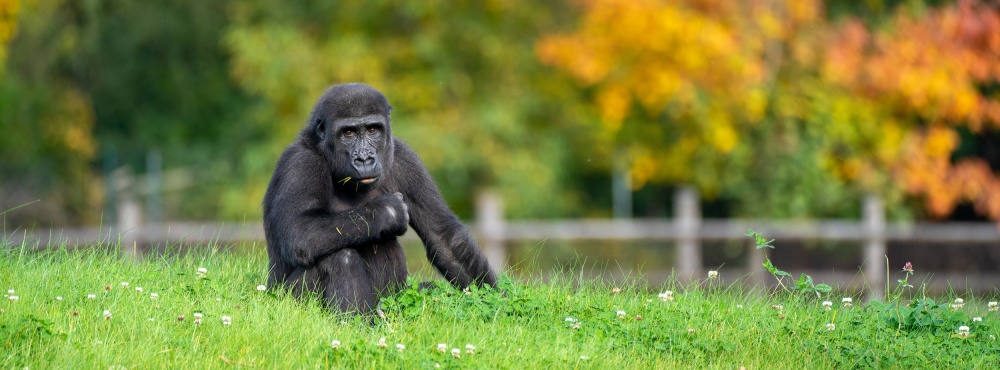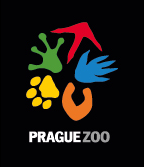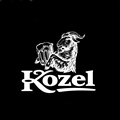Prague Zoo introduces night tours with the latest technology

Now visitors can come to Prague Zoo after dark and observe the animal world through the most advanced equipment, some of which is used, for example, by the army. The zoo’s fans can now visit the grounds at a time when the daytime animals are seeking shelter and the crepuscular and nocturnal animals come out. The new experience will offer animal viewing using a thermal monocular camera, night-vision goggles (NVG), special military thermal imaging and UV light. Prague Zoo is currently the only zoo in the world to have such advanced technology.
 Visitors to Prague Zoo now have the opportunity to observe its inhabitants after dark using advanced technology that many have seen only in action films. Author: Petr Hamerník, Prague Zoo.
Visitors to Prague Zoo now have the opportunity to observe its inhabitants after dark using advanced technology that many have seen only in action films. Author: Petr Hamerník, Prague Zoo.
“Actually, it all started when a couple of colleagues and I were walking through the darkened zoo and thinking about how to give its evening and night tours a new twist. After all, a significant number of our animals are active at dusk or at night,” said Miroslav Bobek, Prague Zoo’s director. “So, we started experimenting with various thermal cameras and night vision devices, starting with those that are commonly available to ones I had only seen in action movies. Now we are introducing special night tours, during which visitors will be equipped with thermal cameras and other technology to observe the zoo’s nightlife and, at the same time, to see it through the eyes of the animals.”
Prague Zoo’s new experiential programme lasts about an hour and a half. During the tour, visitors will get to learn about the details of thermoregulation used by various animal species and their way of life after sunset.
“The cherry on the cake for visitors will be at the end of the tour, by the flamingos, where we have a special military thermal camera. This is designed to locate targets and guide missiles, but here it is aimed at flamingos - thanks to its extraordinary sensitivity, it gives you a beautiful image of how the leg they are standing on in the water gradually cools down until they replace it with another, warmed one, which they have hitherto tucked away under their body” added Miroslav Bobek describing one of the many interesting features.
You can now purchase the special experience - Night-time Tour with a Thermal Camera - at the website: eshop.zoopraha.cz.

Technologies:
Thermal monocular cameras and NVG
The thermal imaging camera provides clear images even in challenging conditions such as darkness, fog, smoke, dust, rain, snow, forest cover, etc. It is a professional device, which is used for example during patrols, search and rescue missions for people or animals, when preventing smuggling, as well as during ordinary hiking trips or travelling. It can detect an animal at up to 70 metres.
Whilst thermal imaging is a camera sensitive to thermal radiation – comparable to how a snake sees the world – an NVG sensitively processes reflections of weak light radiation – comparable, for instance, to how a cat views the world at night. This manner of night vision, by amplifying the reflections of the faintest light residues, is inherent not only in carnivores or ungulates, but also in birds such as owls, kiwis, nightjars, as well as nocturnal primates (slow loris, tarsiers).
Special military cameras
This is a professional device used by many armed forces in Europe. This type of camera can detect an object the size of a tank (in our case, for example, an elephant) at up to 11 km, and it can distinguish a human figure at 8 km. It has a temperature range of -32 °C to 55 °C. It uses a private Wi-Fi network to connect external imaging devices (phones and tablets), so the camera image is transmitted in real time.

ZOOPRAHA.CZ
Contacts
- The Prague zoological garden
U Trojskeho zamku 120/3
171 00 Praha 7
Phone.: (+420) 296 112 230 (public relations department)
e-mail: zoopraha@zoopraha.cz
Others








